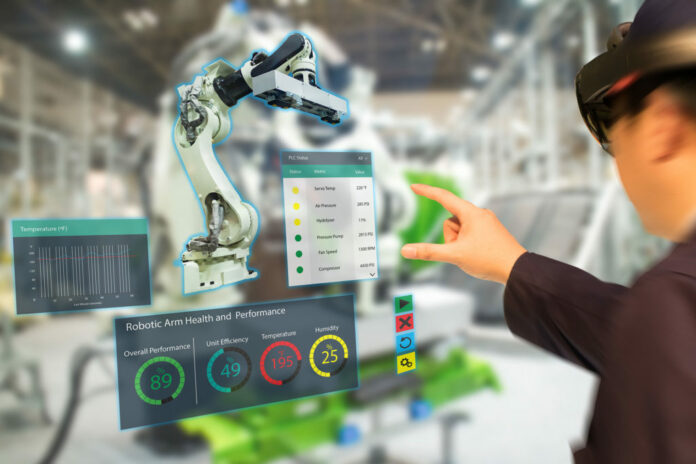The current crisis includes a deep impact on everyday lives. The impact can also be seen in the technology sector. While billions of people worldwide have advised staying home to prevent the spread of the virus, tech companies are seeing augmenting demand for disruptive technologies. This is happening because companies have allowed their employees to work virtually which is likely to curtail employee visits to their offices. To keep running businesses in this framework, organizations are actively turning to deep tech innovations.
Businesses nowadays are seeking solutions to create communication between employees and their interactions more efficient. This urgency amid the pandemic has created a new sense of innovation efforts in deep technologies. In the past, many technologies that people take for granted today are results of deep tech projects, and also the Internet is one of them.
Due to the COVID-19 pandemic, businesses and industries have had to reevaluate safe and efficient production and methods of service, starting from utilizing online video conferences to shutting down operations entirely. Technologies like remote working solutions and FaceTime have never been more important, but alternate, advanced technologies such as Augmented Reality (AR) and Virtual Reality (VR) are seeing expanded opportunities as well.
AR, VR, and mixed reality (MR) are proving their capabilities in such a scenario, enabling individuals and businesses to connect virtually. This is likely to give rise to a new phenomenon wherein individuals and businesses will become more dependent on these immersive technologies. These technologies, which feature large application areas, vast industry potential, and wide technical span, have already contributed to the fight against COVID-19.
Augmented and virtual realities have the potential to take care of social distancing as they permit people to connect virtually. For business leaders, VR-based meetings are a ready-made solution for their organizations. Retail companies are catching on to consumers preferences by serving them virtually, while virtual events and conferences are taking place with increasing pace.
It is now expecting that VR and AR technologies soon can become an integral part of people’s daily lives, and the outbreak of COVID-19 will play a major role during this.
Virtual reality and mixed reality will also impact education as students worldwide cannot attend school and university due to the current situation. This may surely affect their learning, but using immersive technologies, educational institutions will ease their worries and make it possible for students to learn through experiences. Also, VR will support in situations where precision is required and assist people to pay attention better, during lectures or meetings.

